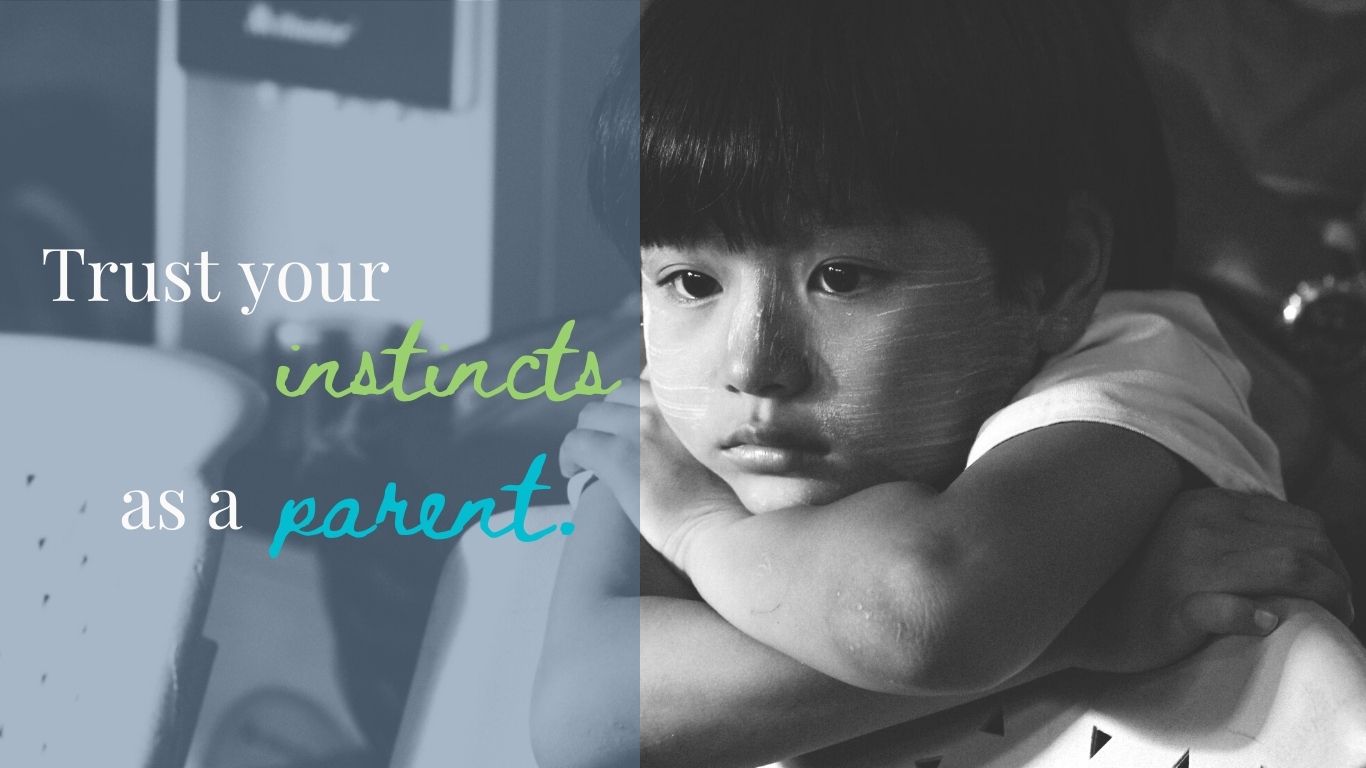When to Look For Help

Many parents struggle with the issue of seeking help for their children.
Some common concerns parents have are:
- Is my child behaving normally or is this because of the divorce?
- Should I be worried about how they are reacting?
- When should I seek help?
- Where should I go for help?
Generally speaking, the rule of thumb is to trust your instincts as a parent. You know your children better than any one else.
In many instances, I recommend parents seek a professional consultation for themselves before taking their children to see someone. Consultation services can be an excellent way for parents to get objective feedback about their child’s circumstances. They can also often provide parents with the tools they need to help their children.
General Guidelines on When to Seek Help
- If abuse of child or spouse has occurred, seek help immediately. The safety of children should always be the first priority.
- You witness drastic changes in child’s behavior or personality, e.g., intense mood swings, excessive crying, over/under eating, sleeping problems, a change from very out going to withdrawn.
- Child has made statements regarding self-harm or a desire not to exist.
- Example statements “I wish I had never been born”. “Maybe things would be better off with out me around. If your child has made statements, which indicate a desire to hurt themselves, please take these statements very seriously. While a child may not have the intention of ending their life, they are letting you know something is clearly not okay. They need your help. Also, it is important for parents to realize that even young children can make these kinds of statements.
- Your child seems stuck or unable to move out of a stage or feeling.
- The problem or behavior escalates or is ongoing lasting longer than six months or more.
- Reported school problems or significant changes in school performance.
- You, as a parent, feel unable to cope with your child’s reactions or behaviors.
Where to go for help
If you feel your child needs help it does not mean you have to sign them up for years of psychotherapy. Other avenues worth checking into are school programs, divorce support groups at local churches or other religious institutions as well as, with your local mental health agency.
If you decide to seek out a therapist or counselor, keep in mind some of the following pointers.
Interview First
Set up an initial interview either by phone or in person. Use this time to ask questions regarding therapist credentials, background, professional experience and area of expertise. How often do they work with families experiencing divorce? Do they work with children? What is their professional philosophy about divorce?
Look for a Fit
Make sure you and your children feel comfortable with the professional you choose.
Check Credentials
Don’t be afraid to ask about a professionals background. Be certain the person you work with has the appropriate credentials, training and or is licensed in your state or country.
If you’re not sure where to start?
Consider coaching with Christina –>Go





